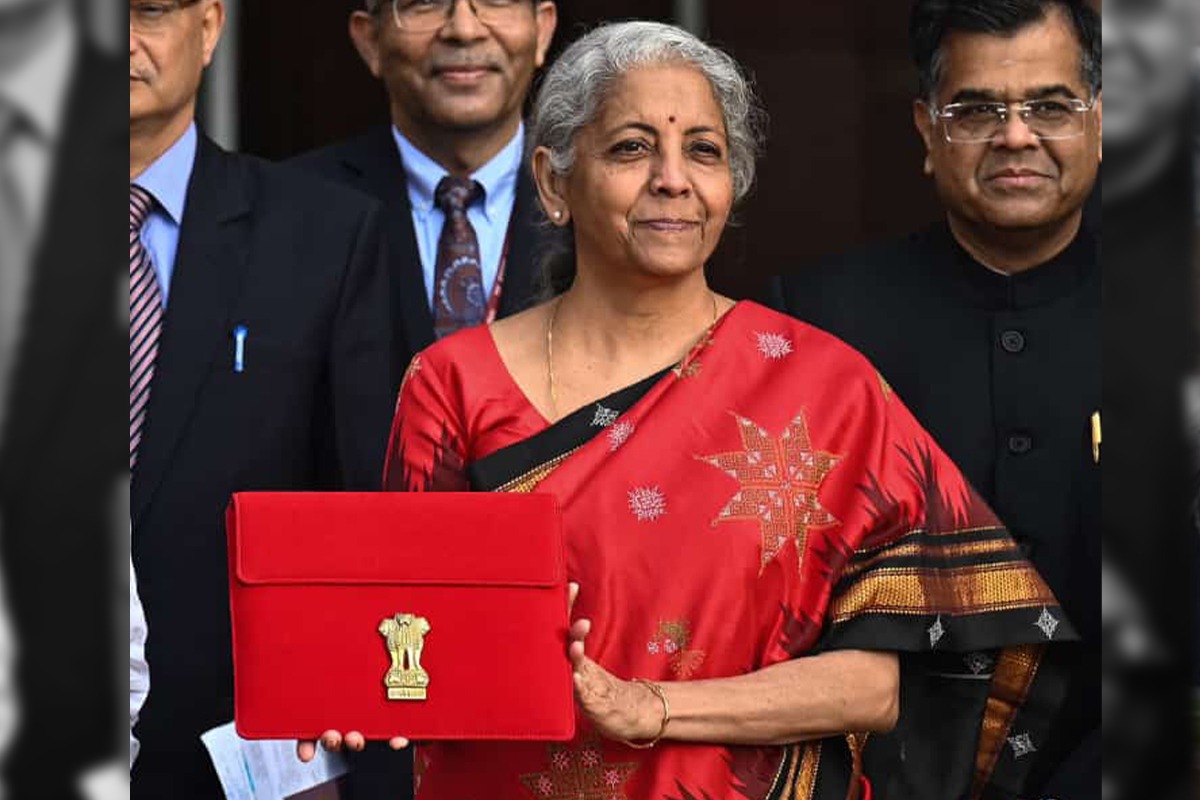Finance minister Nirmala Sitharaman announced a new fund to encourage entrepreneurship in the agriculture sector, a new programme to provide high-quality saplings, and raised the target for agricultural credits.
Speaking in the Lok Sabha, the finance minister called the Budget 2023-24 the first Budget of the Amrit Kaal.
FM Sitharaman announced that the Central government will set up the Agricultural Accelerator Fund to encourage agriculture startups by young entrepreneurs in rural areas.
“This fund will bring innovative and affordable solutions for challenges faced by farmers. It will also bring modern technology to transform agricultural practices and increase productivity and profitability,” she said.
The finance minister further said, “To enhance the productivity of extra-long staple cotton, we will adopt a cluster-based value chain through the PPP approach. It will mean collaboration between farmers, state, and industry for input supply, extension services and market linkages.”
She also announced the Atmanirbhar Clean Plant Programme to improve the availability of disease-free quality planting material for high-value horticultural crops at an outlay of ₹2,200 crores.
Finance minister Sitharaman said the Modi government will aim to disburse ₹20 lakh crores in credit support to farmers with a focus on animal husbandry, dairy and fisheries.
For millets, the crop which has been promoted vehemently by Prime Minister Narendra Modi at domestic and international platforms, the finance minister said that the government will support the Hyderabad-based Indian Institute of Millet Research as a centre of excellence for sharing best practices, research and technology at the international level.
FM Sitharaman went on to list a range of health benefits of millets and the immense potential it offers in terms of improving nutrition and boosting food security as PM Modi and other senior ministers thumped their desks in approval.
“India is at the forefront of popularising millets whose consumption furthers nutrition, food security and welfare of farmers. We are the largest producer and second largest exporter of millets in the world,” she told parliament.
Indian farmers grow several types of millet or Sri Anna like ragi, bajra, ramdana, cheena, and sama.
“These have been a number of health benefits and have been an integral part of our food for centuries. I acknowledge with pride the huge service done by small farmers in contribution to the health of fellow citizens by growing these Sri Annas,” she said.

